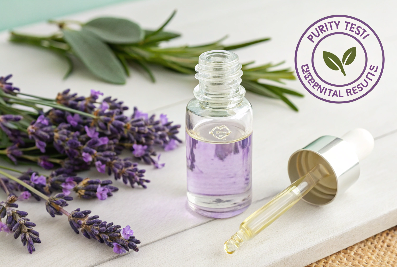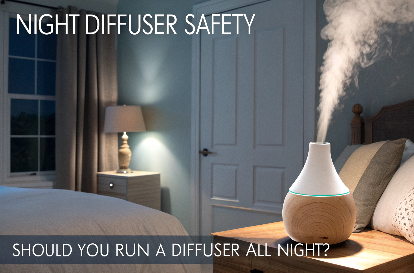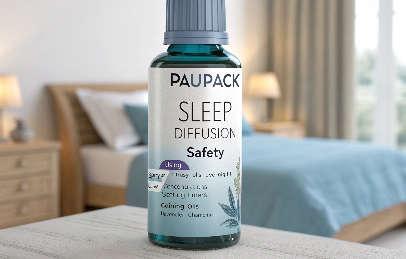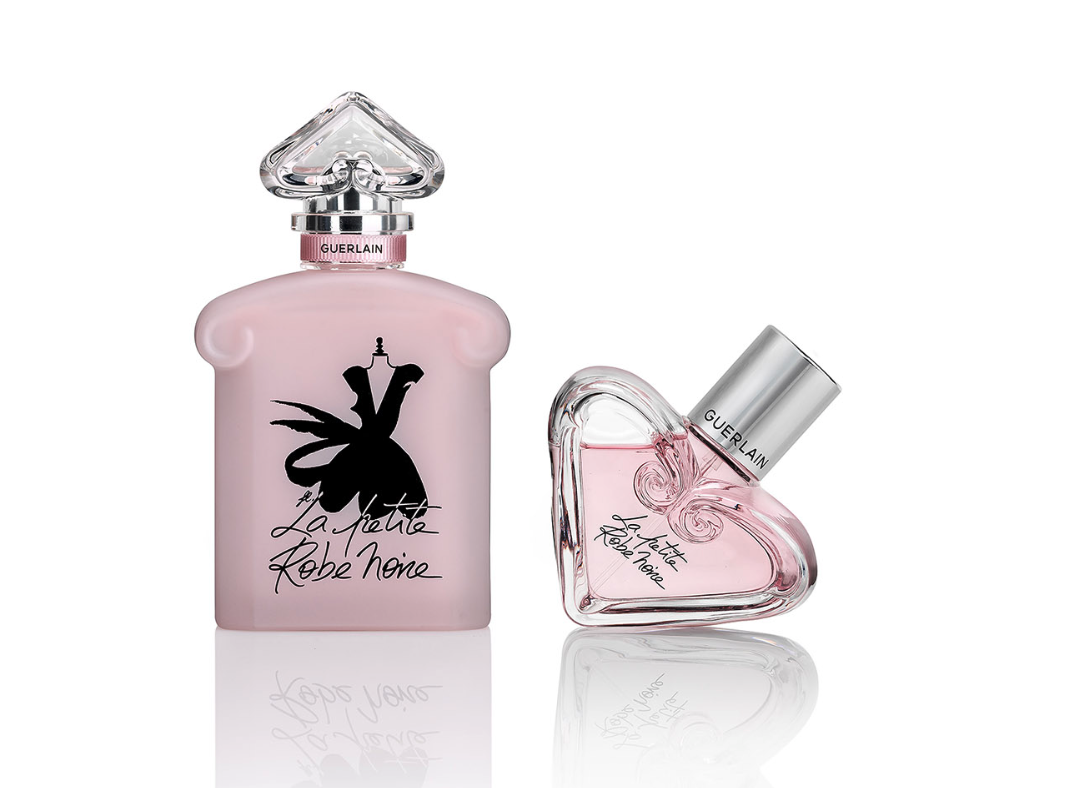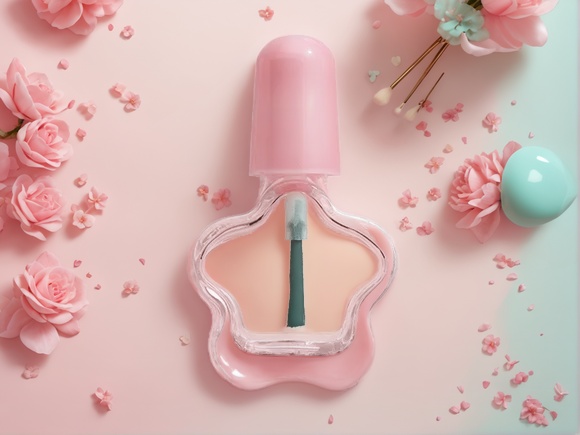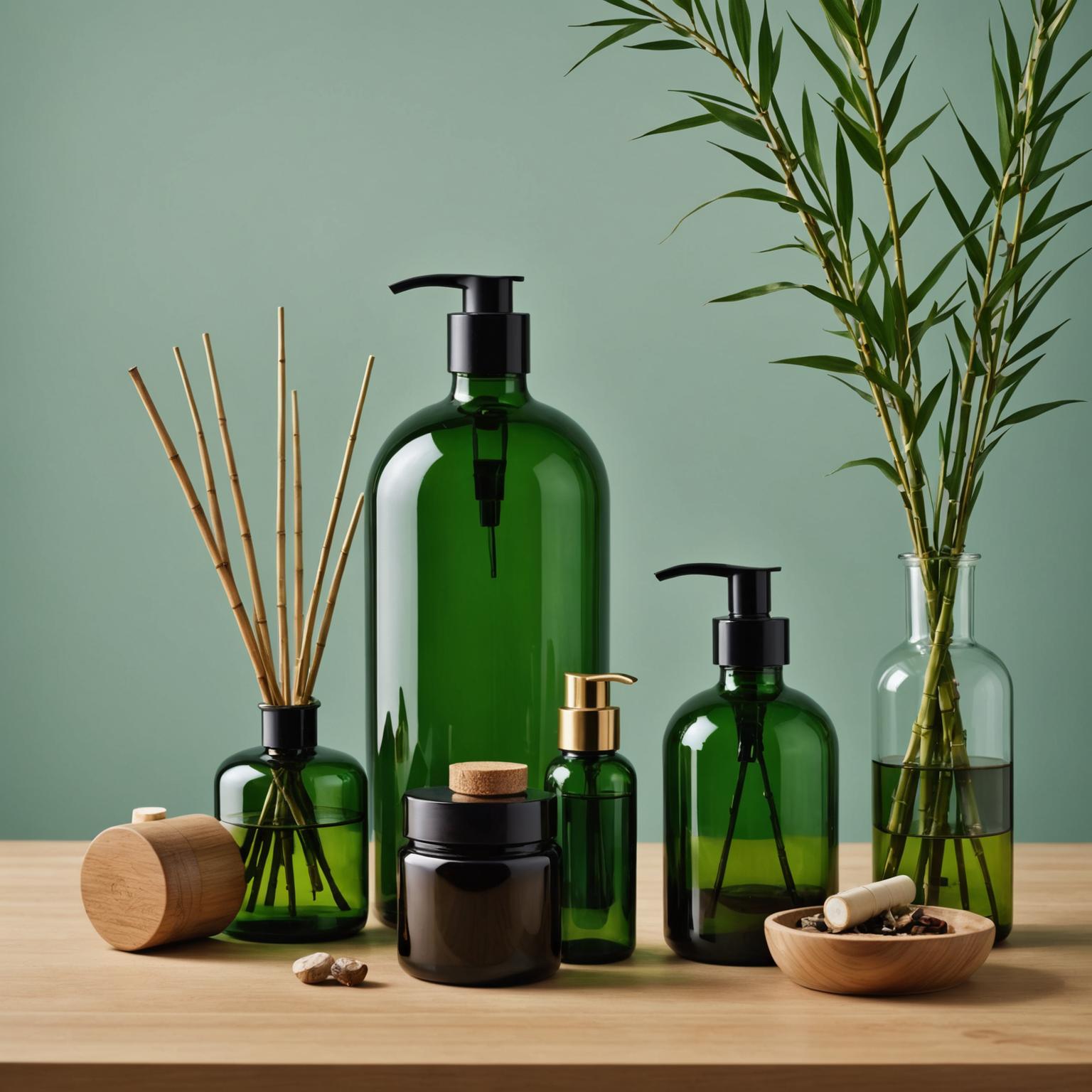We all love falling asleep to the calming aroma of lavender or eucalyptus—but is your diffuser doing more harm than good while you sleep?
It’s generally not recommended to leave an essential oil diffuser running all night, as prolonged exposure may cause irritation or desensitization, especially in enclosed spaces.
While diffusers can enhance relaxation and sleep, constant overnight diffusion can lead to respiratory discomfort or reduced sensitivity to scents over time. Let’s unpack how to use diffusers safely during sleep.
How long can you leave an essential oil diffuser on?
Just because it can run for 8 hours doesn’t mean it should.
Most aromatherapists recommend diffusing essential oils for 30–60 minutes at a time, with intervals in between, rather than continuous use.
Running a diffuser too long can oversaturate the air with oil particles. Inhaling these particles non-stop can irritate the mucous membranes or cause headaches.
Recommended Usage Time
| Diffusion Method | Safe Duration | Frequency |
|---|---|---|
| Ultrasonic Diffuser | 30–60 min | 1–3 times/day |
| Nebulizing Diffuser | 15–30 min | 1–2 times/day |
| Passive Diffuser | Continuous (gentle) | Low risk |
Some high-end models now offer interval timers (e.g., 15 min on, 30 min off), which balance efficacy and safety. At PauPack, we’ve seen an uptick in demand for diffuser-compatible essential oil sets with instructional packaging that includes usage guidelines.
Smart Tip for Brands
If you sell essential oil sets, include a usage chart or diffusion guide inside the box. Educating your customer reduces misuse and builds long-term trust.
Is it safe to sleep with an essential oil diffuser on?
A little scent can help you sleep. Too much can wake you up coughing.
Sleeping with a diffuser on can be safe if used intermittently and with skin-safe, non-irritating oils—but continuous diffusion may cause respiratory irritation, especially for sensitive users.
Some oils like lavender or chamomile support relaxation, but others—like peppermint or eucalyptus—can overstimulate or dry out airways.
Best Practices for Night Diffusion
-
Use low concentration (1–2 drops per 100ml water)
-
Set to auto-shutoff after 30–60 minutes
-
Choose calming oils like lavender, cedarwood, Roman chamomile
-
Keep the room ventilated
We recommend avoiding spicy or citrusy oils overnight, as they may cause overexposure or even contact sensitivity if diffused near bedding or face level.
At PauPack, we often work with brands on custom packaging for sleep blends, incorporating dosage and safety details directly onto the bottle or insert—making safe sleep routines effortless for the customer.
Is it bad to leave a diffuser on all night?
You might love the scent, but your lungs could disagree.
Leaving a diffuser on all night without breaks can lead to overstimulation, headaches, allergic reactions, or reduced scent sensitivity over time.
Just like wearing perfume 24/7 dulls your nose, inhaling oils nonstop can reduce their benefits and even trigger inflammation in sensitive individuals.
Potential Risks of Overnight Diffusion
| Risk | Cause | Who’s Affected |
|---|---|---|
| Respiratory irritation | Prolonged inhalation of EO particles | Asthma, allergy sufferers |
| Headaches or nausea | Overexposure to strong oils | Sensitive individuals |
| Skin issues | Airborne oils settling on face/skin | People with eczema, kids |
| Reduced efficacy | Olfactory fatigue | All users over time |
Think of it this way: Essential oils are potent plant compounds. Used correctly, they’re healing. Overused, they’re just another irritant.
That’s why many professionals recommend 30-60 minute pre-bed diffusion, then shutting off. Let the scent settle—don’t drown in it.
Is it safe to breathe in essential oils from a diffuser?
Yes—but it depends on the oil, the method, and the user.
Breathing in essential oils via a diffuser is generally safe in moderation, but certain oils or excessive exposure can cause respiratory distress or allergic reactions.
Even natural substances can be harmful in excess. Eucalyptus, for example, is amazing for clearing sinuses—but toxic if inhaled continuously by infants or pets.
Safe Inhalation Guidelines
-
Use therapeutic-grade oils—no synthetic additives
-
Diffuse in well-ventilated areas
-
Avoid direct exposure (don’t place diffuser next to your head)
-
Limit to 30–60 minutes per session
At PauPack, we help brands design packaging that doesn’t just protect the oil—it educates users on safe diffusion. Whether it’s child-safe caps, pet warnings, or clear dilution ratios, our packaging is built for real-life safety.
Special Populations to Consider
| Group | Oils to Avoid | Notes |
|---|---|---|
| Children under 6 | Peppermint, eucalyptus, rosemary | Can cause respiratory distress |
| Pregnant individuals | Clary sage, cinnamon, thyme | Hormonal impact or uterine stimulation |
| Pets | Tea tree, citrus, ylang ylang | Toxic to cats and dogs |
| Asthma sufferers | Strong or spicy oils | Can trigger attacks |
Breathing in oils is one of the most effective delivery methods—but it needs to be intentional and informed.
Conclusion
Yes, essential oil diffusers can be used at night—but not all night. A little scent goes a long way. Respect the oil, respect your body, and use with intention for safe, restful sleep.




